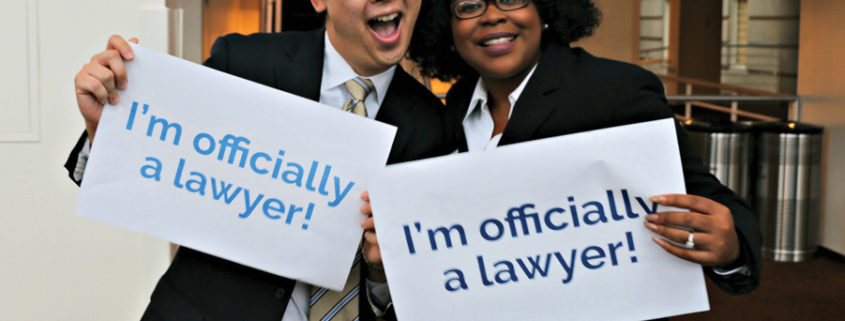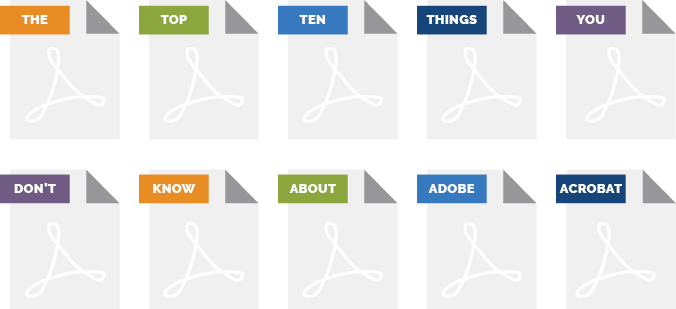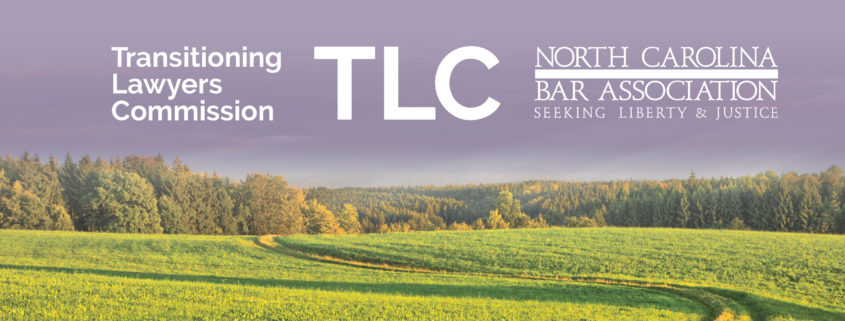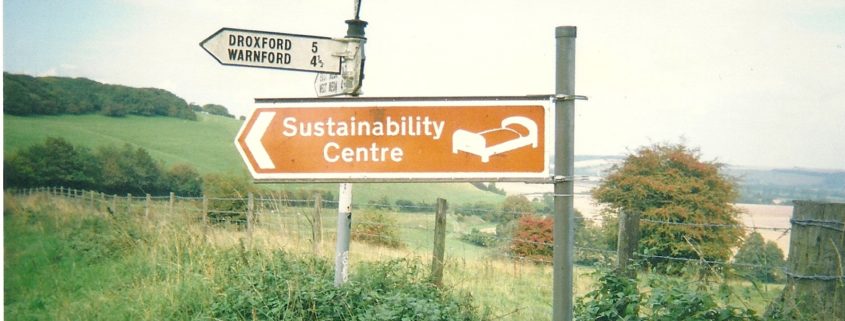After Years Of Wrongful Imprisonment, Darryl Howard Was Sustained By Love, Redeemed By Justice
Darryl and Nannie Howard banter gently, laughing and smiling a bit like newlyweds, a bit like the long-married couple they are. Their ease and happiness with each other seem to belie the 24 years of physical separation they have endured.
Until late this summer, Howard was imprisoned, serving time for crimes he insisted he was innocent of from the start. He walked out of a Durham courtroom on Aug. 31 after Superior Court Judge Orlando Hudson vacated guilty verdicts against him in a 1991 double murder. The decision came after Howard’s attorneys presented the judge with DNA evidence that had not been presented to the jury that heard Howard’s case. The evidence excluded Howard from the murders of Doris Washington and her 13-year-old daughter Nishonda and linked two others to the crime scene. The Durham District Attorney’s Office did not appeal the ruling.
Howard credits his faith and his wife’s support for helping him hold onto hope through years of unjust incarceration.
“It was a lot of faith in God, and the knowledge that I knew one day – I think anybody in my situation would know – I didn’t do it and I’m going to get out one day – and Nannie,” he said. “She helped me with every single thing I went through … She came to see me every week. She based all her decisions in her life around me being out one day, around us being out one day and she stayed with me and helped me out.”
While her husband was imprisoned, Nannie kept their troubles largely to herself. She helped him petition attorneys for help. She drove to see him every week, trekking all over the state. She talked with him by phone several times each day. And 18 years ago they were married while he was behind bars. But none of her colleagues at the North Carolina Bar Center, where she worked on contract for Xerox for about a dozen years, knew about her husband until they saw it on the news. She said she was secretive because she didn’t want anyone feeling sorry for her and she didn’t want the drama.
“That would be the topic every single day, and it would become such a big issue that, you know, I could see people walking around me whispering ‘That’s the one whose husband is in prison’ and I just didn’t want that,” she said. “I just wanted everyone to say ‘Hey, Nannie,’ and just go on with the day. I came in with a smile and I did my job I didn’t want that burden of ‘Oh my God, how are you feeling today? I didn’t want that pity.”
Like her husband, she credits her faith and their relationship for sustaining her.
“We talked a lot,” she said. “He would have a struggle or be upset about something and we would be on the phone sometimes three and four times a day just talking about random stuff. We talked about it – anything that had him upset, we talked through it because I didn’t want him to overreact and get into trouble while he was in prison. And if we had a conflict with each other we made a point of never going to bed or saying good night to each other angry. So, we had to make up or before we fell asleep or before the phone was cut off, which was like 8 or 9 o’clock.”
‘No better feeling’
Nannie wasn’t Howard’s only connection to the NCBA. One member of the legal team that helped win his freedom was Womble Carlyle attorney Jim Cooney, an NCBA member and past recipient of the NCBA’s William Thorp Pro Bono Award and the Wade M. Smith Award for criminal defense.
Cooney got involved in the case after Innocence Project founder Barry Scheck agreed to take it on. He and Scheck had worked together on the Duke Lacrosse defense and before. The result of the Howard case stands out, even in a career as a remarkable as Cooney’s.
“When a judge lets someone go in a case like this, like he did with Darryl, particularly saying he was innocent – that’s happened to me before, and for a lawyer, well, there’s no better feeling,” he said.
Cooney said fresh DNA evidence was key to the case.
“The DNA testing we were able to do was very different than what was done in 1991,” he said.
Once that evidence was in play, Cooney said, “It cascaded in a way that none of us had anticipated.”
The victims in the case were found naked and dead in their home in a Durham housing complex. Both had been beaten, and the daughter, Nishonda, had been strangled. Testing done at the time of the investigation found semen in Nishonda, and that semen could not be linked to Darryl Howard, Cooney said.
Prosecutors, including then Assistant District Attorney Mike Nifong, argued that Nishonda had engaged in consensual sex with her boyfriend and that rape had nothing to do with the murder. When Innocence Team investigators renewed an examination of the evidence, they found semen in the mother, Doris, which earlier investigators had not been able to find. That semen could not be linked to Howard either, Cooney said.
“Now we had two different semen samples from two different men, neither of whom were Darryl, one of whom is a convicted felon,” Cooney said. “There’s no trace of physical evidence [against Darryl], and you cannot have killed these women in this way without leaving some form of DNA.”
When investigators ran the DNA through a federal database of criminals’ DNA records, they got a cold hit on a felon named Jermeck Jones, who had been imprisoned in Tennessee. Jones had been living a couple of blocks from the victims at the time of the crime.
Durham police brought Jones in to get a confirmatory DNA and for interrogation in 2012. During the course of that interrogation, while he was left alone, Jones was recorded on videotape making a call, telling whomever was on the other line that he wasn’t going to be a rat, and that he needed a lawyer.
Howard’s legal team did not see the tape of that call until July of this year, Cooney said. When Jermeck Jones was called to testify in front of Judge Hudson, he invoked his Fifth Amendment rights.
But, Cooney said, Durham police knew more during the original investigation than they had shared with Howard’s defense team. Initial media reports of the crime included no mention of the victims having been raped. But prosecutors received a tip from an informant in 1993 who said he or she knew the victims were raped and murdered.
“That informant’s tip was never produced,” Cooney said. “They argued that there was no rape. The police officer who got the tip said he never suspected this was a sex offense.”
Howard’s case points to the power of DNA testing, Cooney said, and it demonstrates the importance of open-file discovery and the videotaping of interrogations.
It also demonstrates how important pro bono work is. Cooney estimated that Womble Carlyle dedicated several hundred thousand dollars’ worth of resources to the Howard case.
Inspired By Belief
For Darryl and Nannie Howard, Cooney and the Innocence Project lawyers who worked on his case, Scheck, Seema Saifee and others, became like family.
“I love them people, I really do,” Darryl Howard said.
He said their belief in his innocence inspired him. Howard recalls a moment in court when Cooney was asked to recall a detail about the case that Howard himself could not remember. His attorney answered without missing a beat.
“He stood right up and gave them an answer like he knew it,” Howard said. “I couldn’t believe he even knew that. I said ‘Mr. Cooney, how could you know that?’ He just stopped me and looked in my face and said ‘Because I care about you.’ It almost made me cry.”
Howard said still believes in the justice system even though he has first-hand experience with its flaws. Checks on prosecutorial power would help, he said.
“Every day we’re finding out there’s more people in prison for something they didn’t do,” Howard said. “More and more and more and more … I think it’s happening a lot more than we realize. And the reason why it’s happening is because the people that do it, nothing can be done to them.”
He would also advocate for more of an emphasis on helping prisoners prepare for a life after incarceration.
“Guys are in prison so long they lose everything around them and when they get out the state’s got to take care of them again,” Howard said. “They have to worry about them again. That’s an extra burden. … Prisons don’t rehabilitate. They give you a TV and they give you a chair and say ‘Go sit down over there.’ It’s an industry.”
But Howard says he’s not angry. He and Nannie celebrated their 18th anniversary – their first in freedom – in September. They have a lot of lost time to make up for, and it’s clear from the way they smile at each other that they aren’t wasting any of it.
Donations to Darryl Howard can be made via his Razoo fund-raising page: https://www.razoo.com/us/story/Darrylhoward











